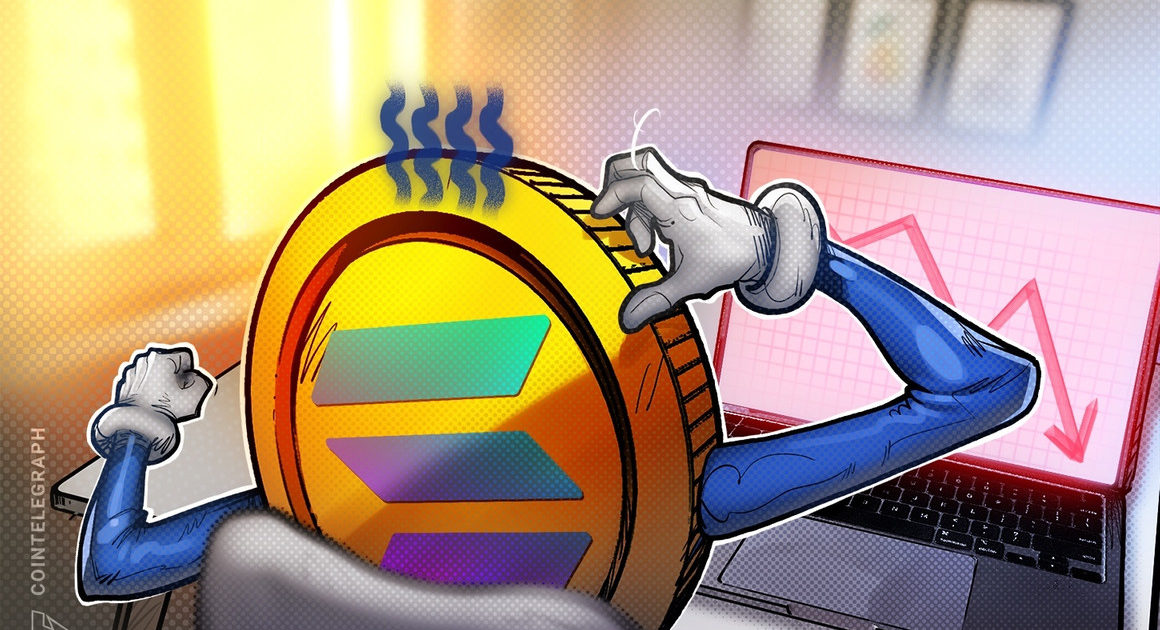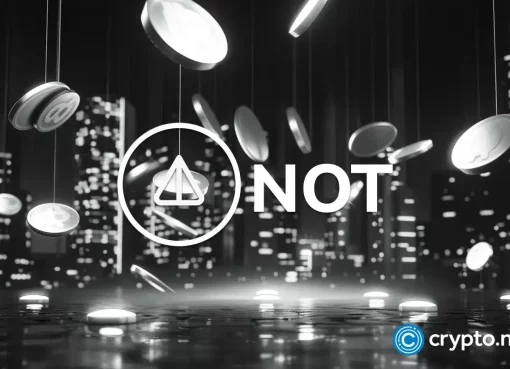Welcome to Finance Redefined, your weekly dose of essential decentralized finance (DeFi) insights — a newsletter crafted to bring you significant developments over the last week.
The second week of November could have been a bullish week, as Consumer Price Index data released on Nov. 10 indicates lower-than-expected inflation. This resulted in a significant rally for traditional stocks, but the crypto ecosystem is currently fighting its own demon.
The FTX turmoil has not just tanked the price of the native FTX Token (FTT) but any token associated with Sam Bankman-Fried or his companies. Solana’s SOL, a top-10 cryptocurrency and one of Bankman-Fried’s biggest investments, lost 32% of its market cap over the past couple of days.
Chainlink Labs said it would offer proof-of-reserve services for embattled exchanges. The new concept came to light after the collapse of the FTX exchange as a measure that can restore trust in crypto exchanges through greater transparency.
The DeFi ecosystem also faced criticism for denying user access based on wallet content. Entrepreneur Brad Mills criticized the so-called decentralized ecosystem and said DeFi rebuilt everything wrong with Wall Street on a blockchain.
It was a bloodbath on Crypto Street this past week, with the majority of the top 100 DeFi tokens trading in thered in the wake of FTX turmoil.
Solana TVL drops 32.4% as FTX turmoil rocks ecosystem
The total value locked (TVL) on the Solana chain has plummeted 32.4% in the last 24 hours, as news stemming from the collapse of FTX has sent waves through the crypto ecosystem.
According to DefiLlama, at the time of writing, Solana’s TVL has fallen to $423.68 million, down 32.4% in the last 24 hours, a far cry from its all-time high of $10.17 billion on Nov. 9, 2021.
Chainlink Labs offers proof-of-reserve service for embattled exchanges
Chainlink Labs offered its proof-of-reserve product as a solution to future trust issues in the crypto exchange market on Nov. 10. In a Twitter thread, Chainlink Labs asked, “Will crypto continue to repeat the mistakes of the traditional black-box financial industry? Or will a better system emerge?”
As a answer to this question, it offered its proof-of-reserve product, which it said is useful “for verifying centralized exchange asset reserves, off-chain bank account balances, cross-chain collateral, real-world asset reserves, and much more.”
DeFi faces criticism for denying user access based on wallet content
While DeFi is expected to be an upgrade to traditional finance mechanisms, some believe that denying users access to decentralized exchanges based on their wallets is a backward move.
In a tweet, entrepreneur Brad Mills criticized DeFi for denying users access to decentralized exchanges due to various factors such as location and wallet content. Because of this, Mills described the future of Web3 as a “surveillance panopticon” and said that it has rebuilt everything wrong with Wall Street but on a blockchain. Within the tweet, Mills also shared an image of a pop-up message from 1inch Network’s decentralized application restricting access because of the wallet address used.
Report: GALA token exploit resulted from public leak of private key on GitHub
According to a new post by blockchain security firm SlowMist on Nov. 7, it appears that last week’s token exploits affecting the GameFi project Gala Games resulted from a public leak of applicable security keys on GitHub. As told by SlowMist, pNetwork, the cross-chain interoperability bridge used by Gala Games on the BNB Smart Chain, had three privileged roles in its smart contract pGALA.
SlowMist went on to explain that both the DEFAULT_ADMIN_ROLE and MINTER_ROLE roles were controlled by pNetwork during initialization. Meanwhile, the proxy admin contract was an externally owned address responsible for upgrading the pGALA contract. However, the firm posted a screenshot alleging that the plaintext private key for the proxy admin owner address was exposed and publicly viewable on GitHub.
DeFi market overview
Analytical data reveals that DeFi’s total value locked plunged to $41 billion. Data from Cryptox Markets Pro and TradingView shows that DeFi’s top 100 tokens by market capitalization had a bearish meltdown due to the FTX saga, with the majority of the tokens registering double-digit losses over the past week.
Thanks for reading our summary of this week’s most impactful DeFi developments. Join us next Friday for more stories, insights and education in this dynamically advancing space.




